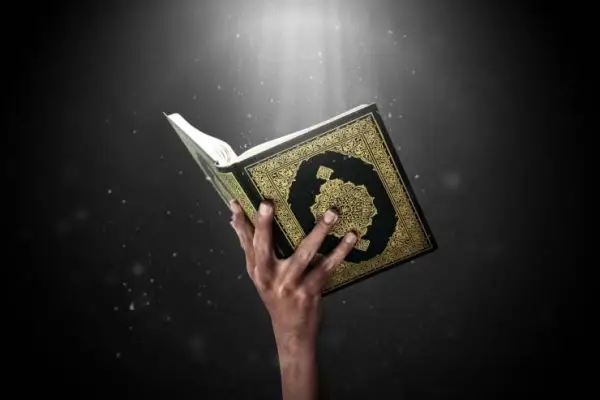
The Uncertainty Principle: Bridging Quantum Mechanics and Quranic Wisdom
The Uncertainty Principle, formulated by Werner Heisenberg, revolutionized our understanding of the quantum world by highlighting the inherent limitations in measuring certain pairs of physical properties. This principle, which reveals the indeterminacy of subatomic particles, finds intriguing parallels in Quranic teachings that emphasize the limitations of human knowledge and perception. By exploring these connections, we uncover a deeper appreciation for both scientific discovery and spiritual wisdom, illustrating how the Quran and modern science can inform and enrich one another.
















